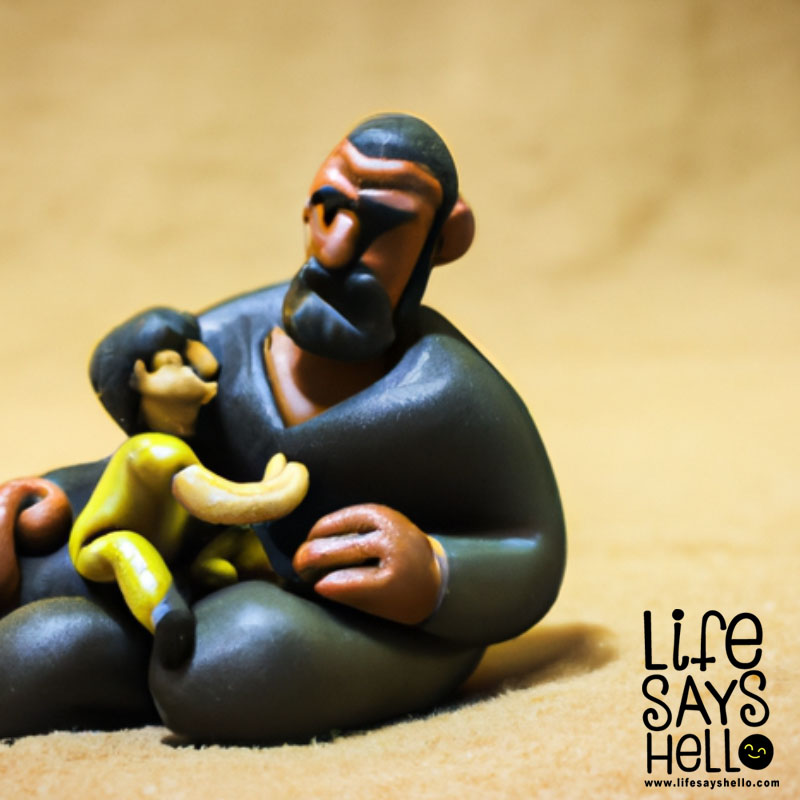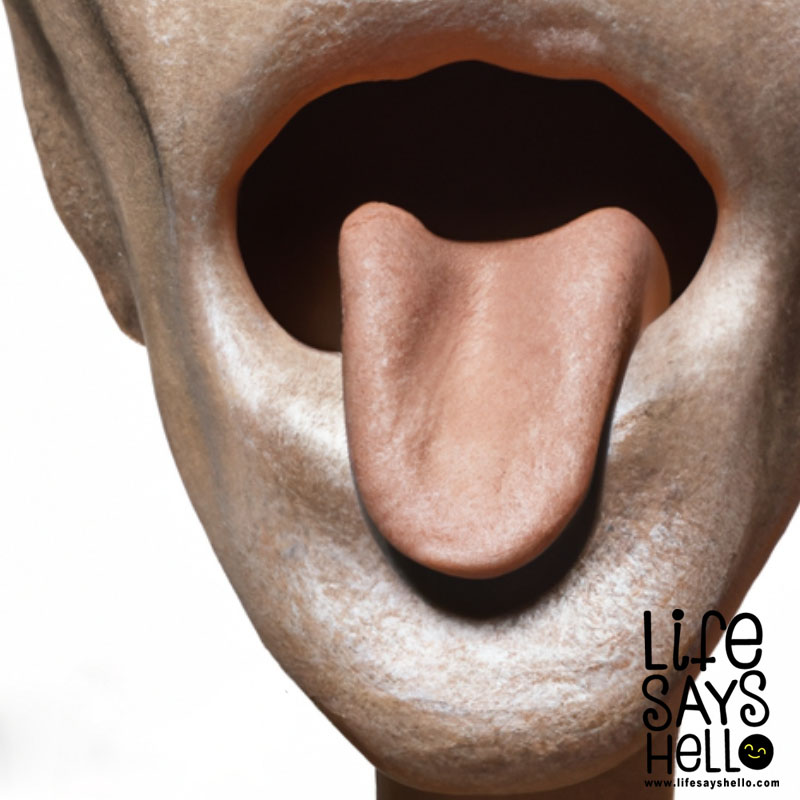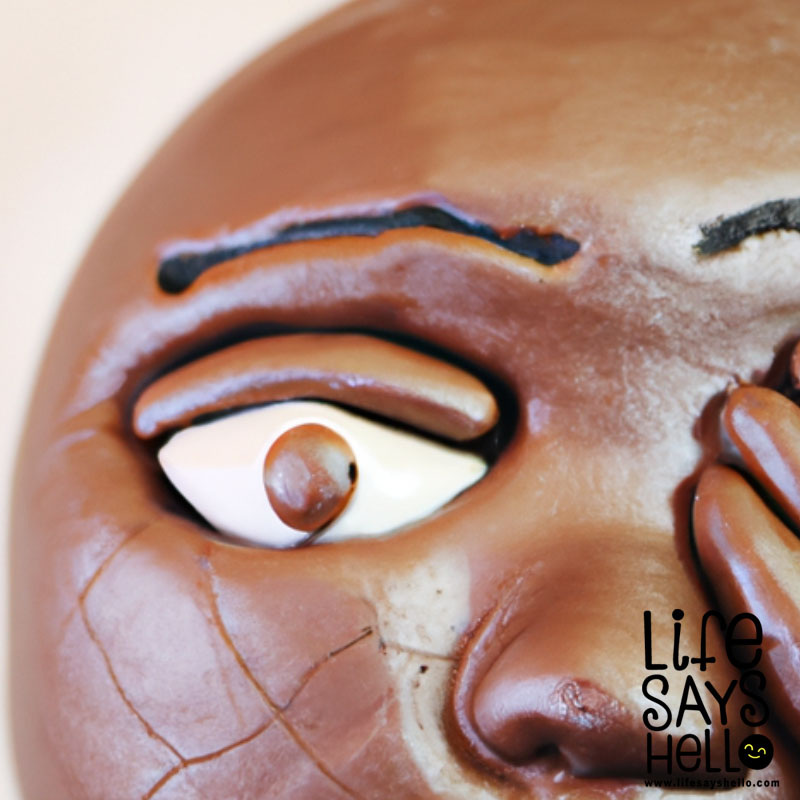Revealing the Signs: Unmasking the Symptoms of HIV in Women

We’re lifting the veil on the symptoms of HIV in women, breaking down complex medical jargon into everyday language that everyone, especially younger folks, can easily understand.
Understanding the ins and outs of health-related topics like HIV can often feel overwhelming. The medical terms can seem baffling, and the fear of the unknown can be paralyzing. That's why we're here, to break it down in plain English, so everyone amongst us can grasp, potentially life-saving, information.
We’ve talked about many different symptoms, but what are they really and why should you look out for them? Let’s break it down.
Let's first chat about the 'explicit' symptoms, which basically means the symptoms that are pretty clear signs something isn't right.
Vaginal burning and pain during intercourse
Neither of these symptoms should be ignored, whether they're caused by HIV or not. They usually indicate that something is off. Uncomfortable symptoms like these can make intimacy much less enjoyable and can really put a damper on your personal relationships.
Pelvic pain
Not the same as a little menstrual cramping, but a pain that is persistent and intense enough to disrupt your day-to-day life. It's another symptom that shouldn't be brushed aside, as it could indicate a variety of health issues, including HIV.
Irregular periods and unusual vaginal discharge
With HIV, your periods could come more frequently, less frequently, or just be downright unpredictable. As for the discharge, it often has a different color, odor, or consistency than your norm. These symptoms might mess with your menstrual cycle's rhythm, making it a roller coaster of uncomfortable surprises.
If you experience any of these symptoms, it’s a strong sign you want to get checked out by a healthcare professional as soon as you can. Knowledge is power, and getting a handle on your health situation gives you the power to seek out the best possible care.
However, as I've pointed earlier, experiencing one or a couple of these symptoms does not conclusively mean you have HIV. They're warning bells, signals that you should consult with a healthcare provider to nail down what's going on.
This is why regular screening for HIV is all-important, especially if you're sexually active or if you fall into other high-risk categories. HIV testing is simple, commonly available, and often free. Early detection makes a huge difference in treatment options and long-term health outcomes.
Sure, the list of symptoms we've talked about might seem scary. But remember, knowing what to look for puts you in control. Ignorance is definitely not bliss when it comes to your health. The more you know, the better equipped you are to take action.
Seeking Emotional Support
Navigating the complex world of HIV isn't something you need to do alone. Reach out to loved ones – friends, family, and romantic partners, to share your thoughts and feelings. Confiding in people you trust can alleviate stress and lead to better mental health. Moreover, consider joining support groups, whether local or online, to connect with others who are experiencing similar challenges. Surrounding yourself with a network of understanding individuals can make a profound difference.
Finding Professional Help
Therapists, counselors, or psychologists who specialize in dealing with chronic illnesses, like HIV, can be invaluable allies. These professionals can provide emotional support, coping strategies, and help you manage stress and anxiety associated with your diagnosis.
Taking Time for Yourself
Setting aside a few minutes each day for self-care activities helps to reduce stress, worry, and anxiety. Consider meditation, yoga, deep breathing exercises, or any hobby that brings you peace, joy, or relaxation.
Empower Yourself with Knowledge
Education is power when it comes to HIV. Familiarize yourself with available treatments, advancements in fighting the virus, and ways to prevent transmission. Stay updated on the latest news and findings in HIV research, making sure your sources are credible.
Sexual Education and Safe Practices
Alongside understanding symptoms and treatments, knowing about safe sex practices is just as important. Learn about contraceptives, harm reduction strategies, and HIV prevention methods like Pre-exposure Prophylaxis (PrEP). Make well-informed choices when it comes to your sexual health.
Evaluate Your Lifestyle
Adopting a healthy lifestyle can significantly impact your emotional and physical well-being. Focus on improving your diet, exercising regularly, getting enough sleep, and quitting unhealthy habits like smoking or consuming excessive alcohol.
Celebrate Life, Embrace Hope
Finally, remember that your life is still yours to live. An HIV diagnosis doesn't mean the end of laughter, dreams, friendships, or love. Amidst the challenges, focus on the good and embrace the hope that comes with today's advancements in HIV treatment and management.




Comments